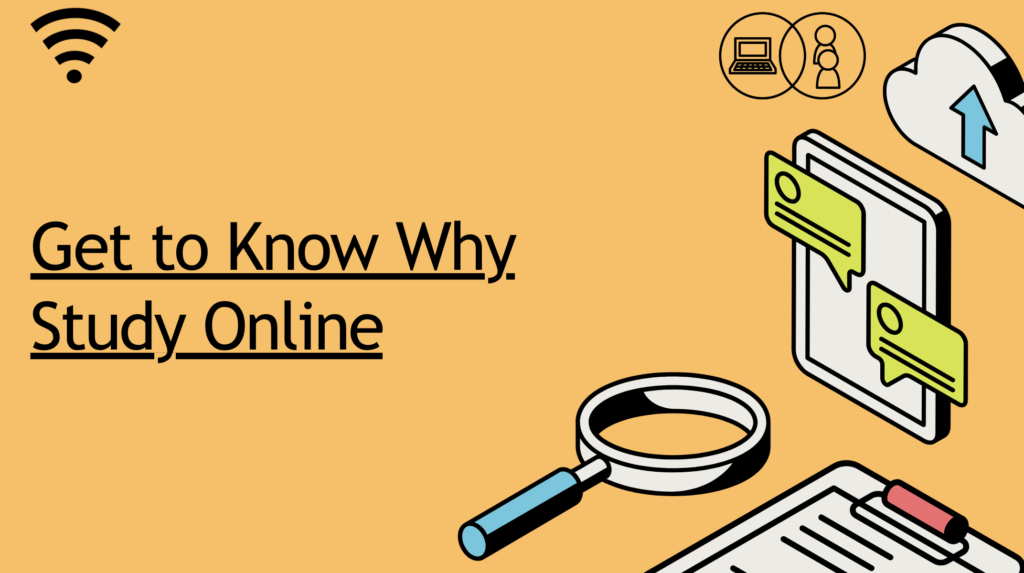Delhi Govt. Schools to Start the Course on Responsible Use of Social Media
In the recent development, the Arvind Kejriwal led Delhi government announced that they will begin the classes on “Responsible Use of Social Media” for the students who are studying in the government schools based in the capital.
The Delhi state government has taken this decision keeping in mind the rising concerns over the ill effects of the social media.
These special classes, on the safe and healthy usage of social media will be held for a period of one month for all students who are currently studying in the schools that fall under the purview of the Delhi government, the city's cantonment board and NDMC.
According to the tentative estimates, approximately 7 Lakh students studying in the Delhi Govt. schools will be the part of this initiative. The month-long series of the online classes will be conducted for 1,040 schools and is scheduled to begin from 23 November 2020 onwards. The classes are being held against the backdrop of the increased usage of electronic gadgets including mobiles, laptops etc. and augmented exposure to social media platforms during the COVID-19 pandemic.
The Deputy Director of Education Mohinder Pal said, “Threat through the unknown and anonymous cyber world is a harsh reality nowadays. Ease of access and unmonitored reach has exposed the children to unscrupulous elements on the net”.
He added that “The series on 'Responsible use of Social Media' will create awareness about the various kinds of threats on the internet and also ways to secure oneself from these threats. The children will also be sensitised about the responsible use of social media.”
Pal further said that students will also be guided on how to be digitally smart.
In total 52 online sessions will be held towards addressing the 7.3 lakh students from classes 9 to 12 of the 13 districts (136 clusters) in Delhi.
Earlier, when the nationwide lockdown was announced in March 2020 to contain the spread of the novel Corona virus, all learning activities had to be moved online to avoid the disruption of the learning.
The pandemic has led to disruptions in normal life and has impacted about 240 million children all across the country enrolled in schools. Extended school closures may cause loss of learning. To mitigate the impact of the COVID-19, schools will need to introduce appropriate methods towards delivering education through a sustainable mix of schooling at home and schooling at school.
NCERT – ‘Safe online learning in the times of COVID-19’
The National Council of Education Research and Training (NCERT) in May 2020 shared the detailed guidelines to all the schools defining the role of both teachers and parents in promoting the safe and ethical use of the various online platforms by the students.
Union Education Minister Dr. Ramesh Pokhriyal Nishank digitally launched the information booklet titled “Safe online learning in the times of COVID-19”. The NCERT along with the UNESCO New Delhi Office developed this booklet.
After launching the booklet Shri Ramesh Pokhriyal said, “Since there has been a huge increase in online and distance learning in times of COVID-19 situation, many children and teachers are learning by engaging with each other using online platforms. The Ministry of Human Resource Development, Government of India and NCERT are committed to ensure safe and secure online environment for children and teachers and empowering them to stay safe online.
We urge all victims of cyber bullying to Report and seek Support. I am happy to know that NCERT and UNESCO have jointly developed this Booklet which will facilitate in raising awareness of our students and teachers as well as ensure timely action in cases of cyberbullying.”
Director of National Council of Educational Research and Training Prof. Hrushikesh Senapaty said, “Our investments in the education system will be ineffective unless we address issues of online safety and prevention of cyberbullying. Unsafe learning environments can undermine the quality of education for our learners, as it adversely impacts academic achievement and future education and employment prospects of students. An atmosphere of anxiety, fear and insecurity is incompatible with learning, and NCERT is committed to protecting the health and the well-being of young people and from online bullying.”
Director and Representative of UNESCO New Delhi Shri Eric Falt said, “UNESCO is committed to ensuring access to safe, inclusive and health-promoting learning environments for all children. Websites, digital
platforms, social media platforms must be free of Cyberbullying if children have to access quality education. This information booklet titled ‘Safe online learning in times of Covid19’ highlights the negative consequences of cyberbullying and ways to eliminate and prevent the same”.
Post lockdown in India, as per an estimate 71 million children between the age group of 5 to 11 years have access to the Internet on devices like mobile phones and laptops of their family members, creating about 14% of the country’s active internet user base of over 500 million.
Furthermore, the 2/3rd of internet users in our country are within the age group of 12-29 year (Data shared by the Internet & Mobile Association of India).
This data highlights that after the lockdown, there has been increased risk of cyber bullying as the active internet has amplified.
With an objective of addressing these issues, NCERT in collaboration with the UNESCO, New Delhi Office, has developed the necessary guidelines.
The four page booklet can be easily downloaded online in the PDF-file format. It includes the detailed a list of do’s and don’ts while using the internet or electronic gadgets with internet access in general.
The booklet offers guidance on password safety and handling the cyberbullying. It also cautions children against befriending unknown people and posting sensitive content including images, videos etc. online.
The Council has asked schools to introduce courses and activities for students and teachers on major aspects of cybersecurity and safety.
NCERT has sent the detailed guidelines to schools defining the role of teachers as well as parents in promoting safe, legal, and ethical use of the internet by students.
As a part of cybersecurity guidelines issued to schools and parents, NCERT highlights –
One should not allow any unauthorized person to access the computer labs, there should be ban on the use of USBs, blocking the pop-ups and keeping a check on the appearance of unfamiliar icons on the desktop.
“The students should be taught to not engage or argue with cyberbullies as it might encourage even worse behaviour. They should use the built-in filters to prevent further harassment through e-mail or instant messaging by cyberbullies.
“The students need to be told that they should never meet people they have known only through online internet and should not do anything online which are not preferred to be done in the presence of others,” the guidelines read.
The teachers have been advises to monitor students for behavioural changes and difference in their attitude.
“Students should not log in as someone else to read their e-mails or mess with their online profiles; attempt to infect or in any way try to make someone else’s computer unusable and not download any attachments from an unknown source as they may contain viruses,” the instruction manual said.
The Council has asked schools to introduce courses and activities for students and teachers on major aspects of cybersecurity and safety.
“Schools should advocate, model and teach safe, legal, and ethical use of digital information and technology; promote and model responsible social interactions related to the use of technology and information; celebrate cybersecurity week and conduct activities to create awareness through cyber clubs,” it added.



